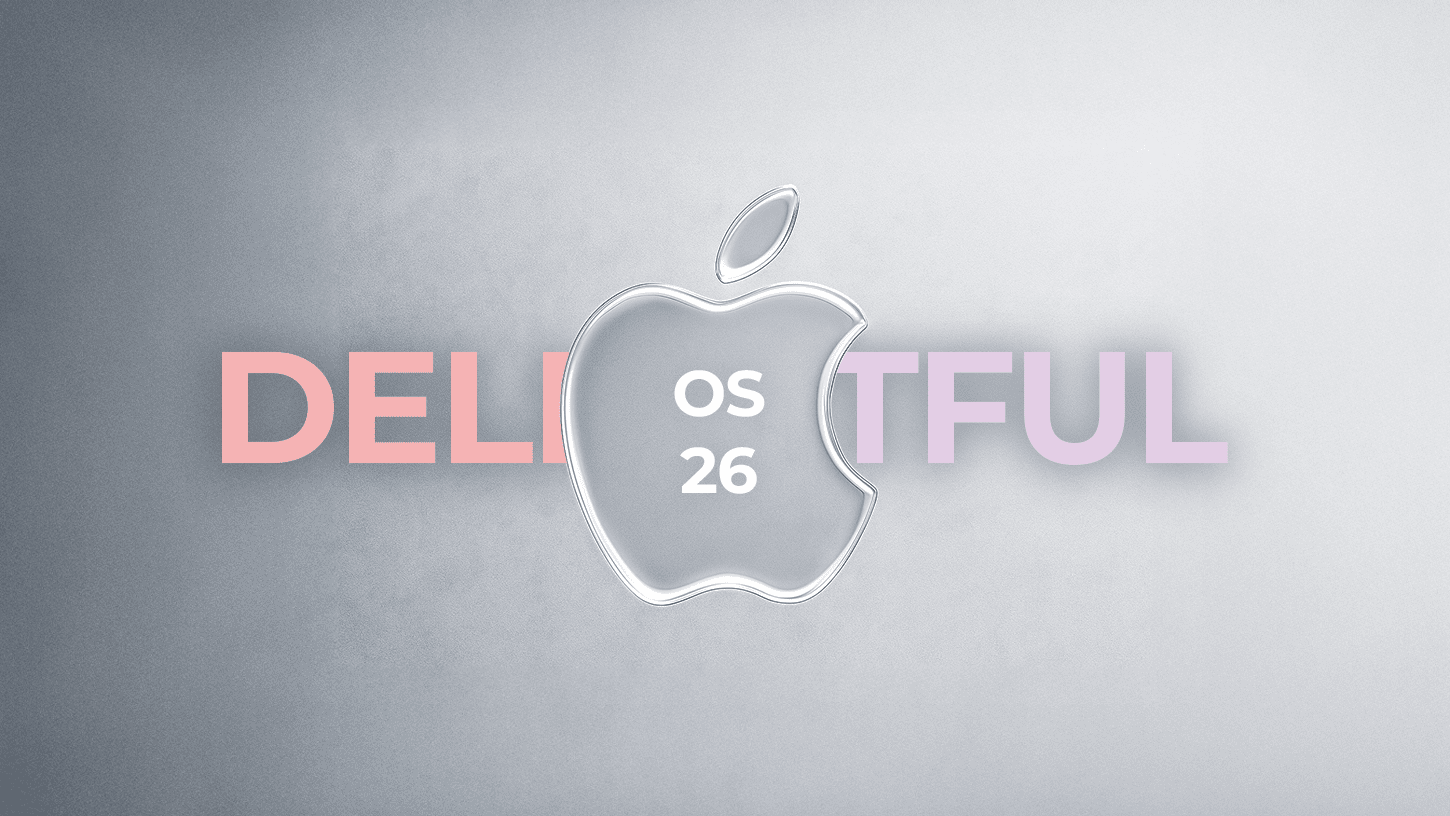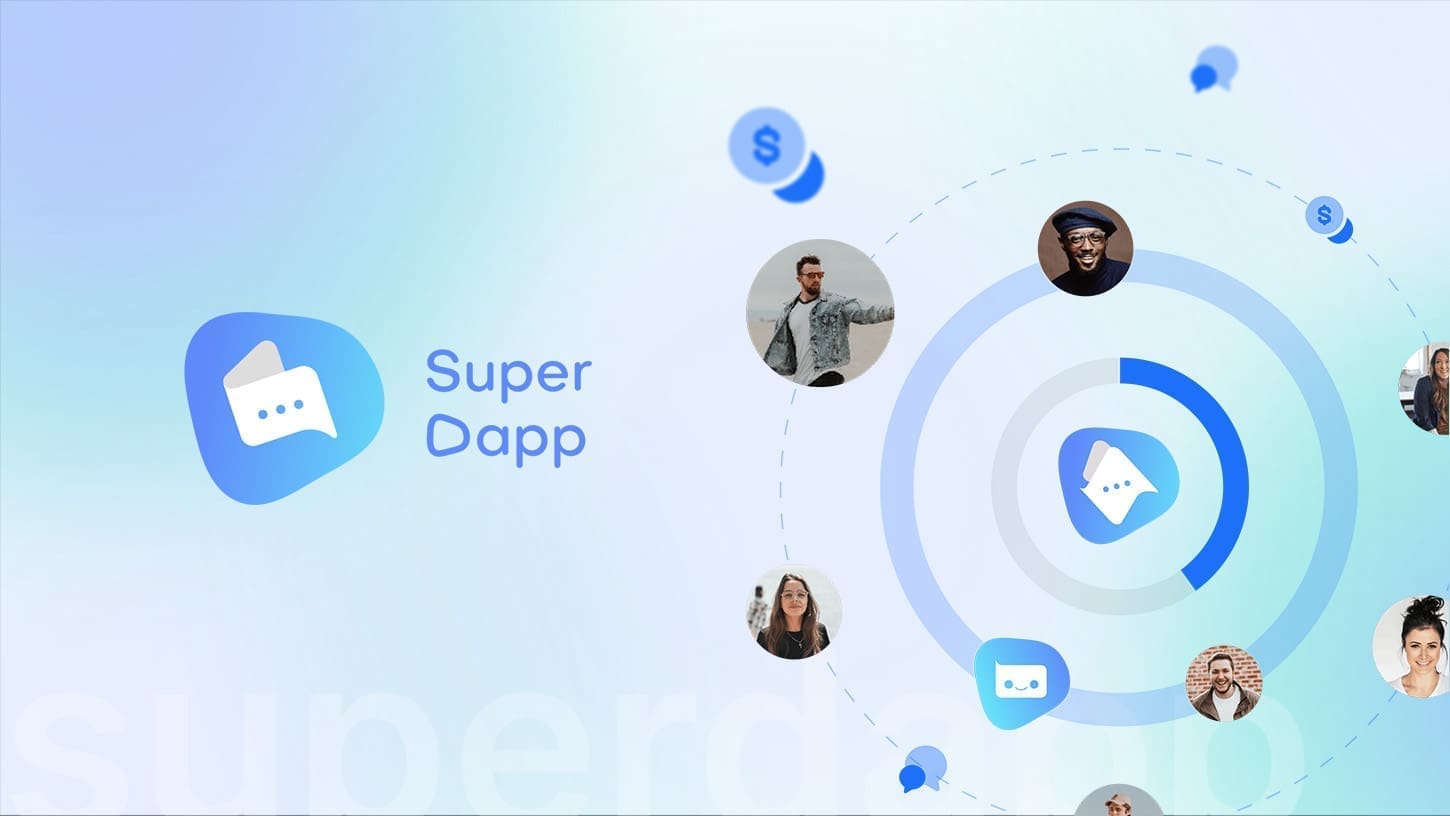The Siren Song of AI: How GPT-4o Voice Chat Could Reshape (or Warp) Relationships and Self-Perception

As an independent tech journalist, I’ve always been fascinated by the rapid advancements in artificial intelligence, particularly in the realm of natural language processing. OpenAI’s latest model, GPT-4o, has taken a giant leap forward with its enhanced voice chat capabilities. While this technology promises to revolutionize how we interact with AI, it also raises some unsettling questions about its potential impact on our relationships, personal growth, and even our sense of self.
The Allure of a Personalized AI Companion
GPT-4o’s ability to personalize conversations based on individual data is both its greatest strength and its most insidious danger. Imagine having an AI companion that knows your preferences, your anxieties, your deepest desires. A voice that soothes you when you’re down, challenges you when you’re complacent, and always seems to know just what to say. It’s a tempting prospect, but one that could lead us down a slippery slope.
The more we rely on AI for emotional support and validation, the less we may seek out those connections with other humans. The echo chamber effect, where our own beliefs and biases are constantly reinforced, could stunt our personal growth and leave us vulnerable to manipulation.
The Blurring Lines Between Human and AI
As AI voices become more nuanced and expressive, it becomes increasingly difficult to distinguish them from human voices. This blurring of lines raises profound ethical questions. What happens when we form deep emotional bonds with AI entities that can perfectly mimic human empathy and understanding? Can these relationships ever be truly authentic, or are we simply falling in love with a sophisticated simulation?
The potential for misuse is also a major concern. Imagine a malicious actor using GPT-4o’s voice capabilities to impersonate a loved one, a trusted authority figure, or even a deceased relative. The emotional distress and potential harm caused by such a scenario are chilling to contemplate.
The Voice of Misrepresentation
Even with the best intentions, there are inherent risks in using AI to generate or manipulate voices. The recent controversy surrounding OpenAI’s “Sky” voice, which was paused due to concerns about its selection process and potential similarity to Scarlett Johansson’s voice, highlights the ethical minefield that companies must navigate in this space.
The issue of voice cloning and deepfakes is a complex one, with potential implications for everything from identity theft to political misinformation. As AI technology continues to advance, it’s imperative that we develop robust safeguards to prevent its misuse and protect the integrity of our voices and identities.
Navigating the Uncharted Waters of AI Companionship
Despite these concerns, it’s important to acknowledge the potential benefits of GPT-4o’s voice chat capabilities. For individuals struggling with loneliness or isolation, an AI companion could provide a valuable source of comfort and support. For those seeking personal growth, a virtual coach could offer personalized guidance and motivation.
However, it’s crucial that we approach this technology with eyes wide open, aware of its potential to both empower and manipulate us. We must strive to maintain healthy boundaries, recognizing that AI, no matter how sophisticated, can never fully replace the richness and complexity of human connection.
The Road Ahead
As we venture further into the uncharted territory of AI companionship, we must tread carefully, balancing the potential benefits with the inherent risks. It’s up to us, as individuals and as a society, to determine how we want to integrate this powerful technology into our lives.
We must demand transparency from companies developing AI voices, ensuring that they are created ethically and with respect for the rights and privacy of individuals. We must educate ourselves about the potential dangers of AI manipulation and develop critical thinking skills to discern between genuine human connection and AI-generated simulations.
The siren song of AI is seductive, promising a future of personalized companionship and limitless possibilities. But as we heed its call, we must remember that the most meaningful connections are often forged through shared experiences, vulnerability, and the messy imperfections that make us human.






